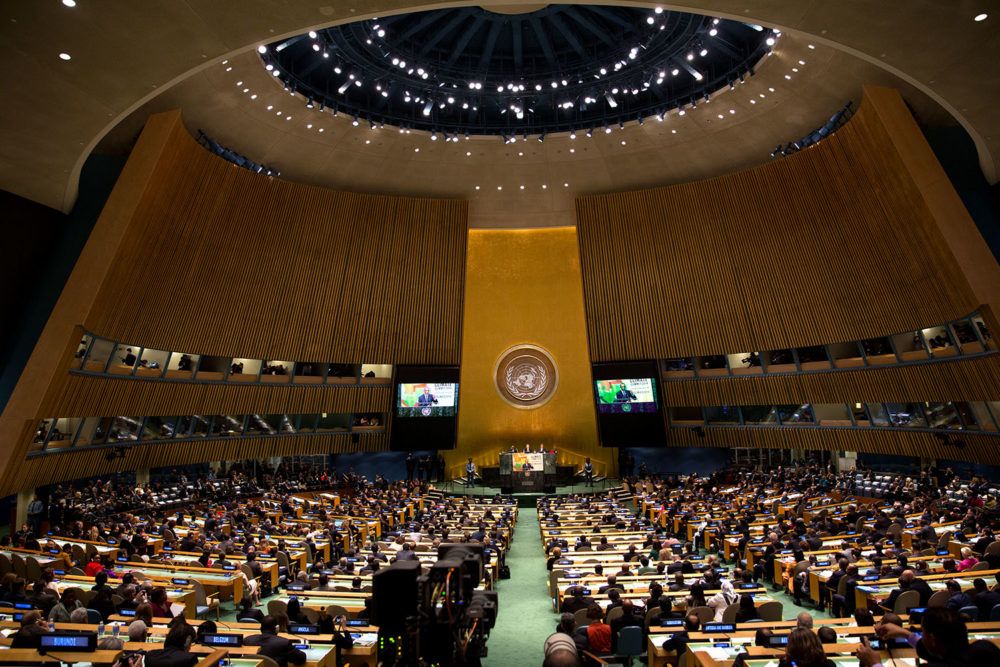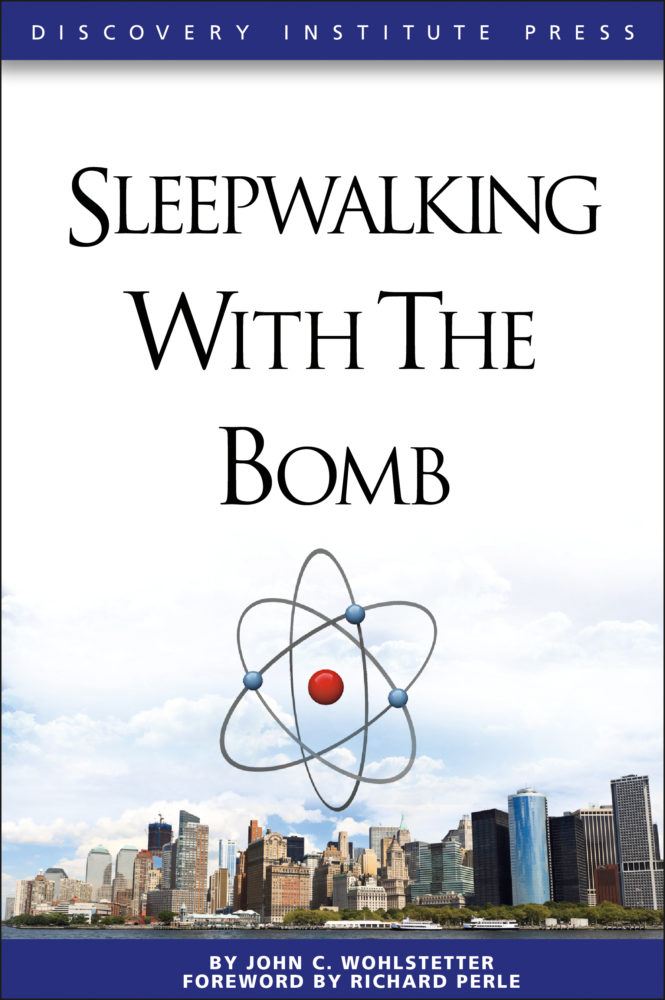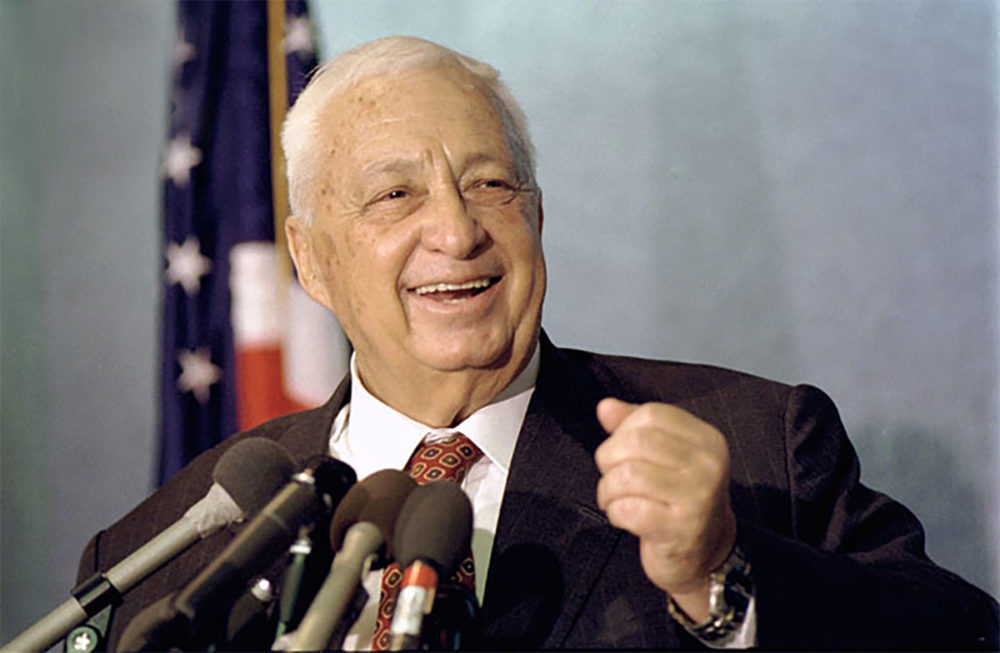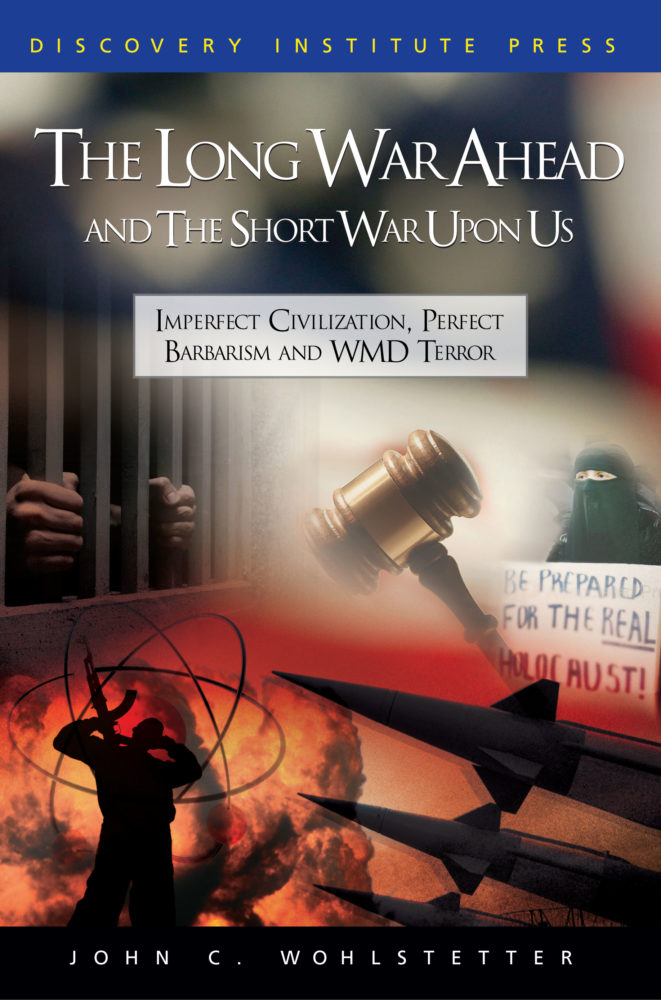
John C. Wohlstetter is a senior fellow at the Discovery Institute (beg. 2001) and the Gold Institute for International Strategy (beg. 2021). His primary areas of expertise are national security and foreign policy, and the 25th Amendment to the U.S. Constitution. He is author of Sleepwalking With The Bomb (2nd ed. 2014), and The Long War Ahead and The Short War Upon Us (2008). He was founder and editor of the issues blog Letter From The Capitol (2005-2015). His articles have been published by The American Spectator, National Review Online, Wall Street Journal, Human Events, Daily Caller, PJ Media, Washington Times and others. He gave over 1,000 radio interviews (2008-2015), many on nationwide programs, and guest-hosted the August 14, 2013 Dennis Miller Show. He was the subject of a cover story in the May 2022 edition of the subscription newspaper Charleston Mercury: A Talk with John Wohlstetter: Nuclear Threat, Beethoven and N.Y. Pizza.
He worked on the international securities arbitrage trading desks at Goldman Sachs (1969-73) & Drexel Burnham Lambert (1973-74). As an attorney for Contel Corp. (1978-91), he practiced corporate and communications law, then turned to strategic assessment, a task he continued at GTE Corp. (1991-2000) & Verizon, retiring in 2000. During his tenure at Contel he served as senior adviser to The Committee on Review of Switching, Synchronization and Network Control in National Security Telecommunications (1986-1989). Created by the National Research Council, it published its final report, Growing Vulnerability of the Public Switched Networks: Implications for National Security Emergency Preparedness, in 1989.
He holds degrees from the University of Miami (B.B.A., 1969, Finance major, Art History minor); Fordham University School of Law (J.D., 1977); and The George Washington University (M.A., Public Policy/Telecommunications, 1985). He is a National Trustee of the National Symphony Orchestra (beg. 2014), and served on the NSO Board (1992-2014). He serves on the Board of the Billy Rose Foundation (beg. 1996). He served as a trustee of MyFace (1980-2016), and the Washington Bach Consort (2002-2018). He also served on the Boards of the Hudson Institute (2000-2012), the Harbor League (2009-2012) and the London Center for Policy Research (2013-2018), where he also was a senior fellow.
He is an amateur concert pianist, residing in Charleston, South Carolina.
Archives


Casablanca at 80: Greatest-Generation America

Time Travel Travail
Can America 'Leap Forward' Forever?
Torquemada Airways: Flying Today’s Unfriendly Skies
Whatever happened to the Golden Age of Travel?
The Great Obama Retreat

Who Are We at War With, and Who Is a Threat?

Sleepwalking with the Bomb

Ariel Sharon: 1928 – 2014

Who Knows Who Has The Bomb? Not Us
